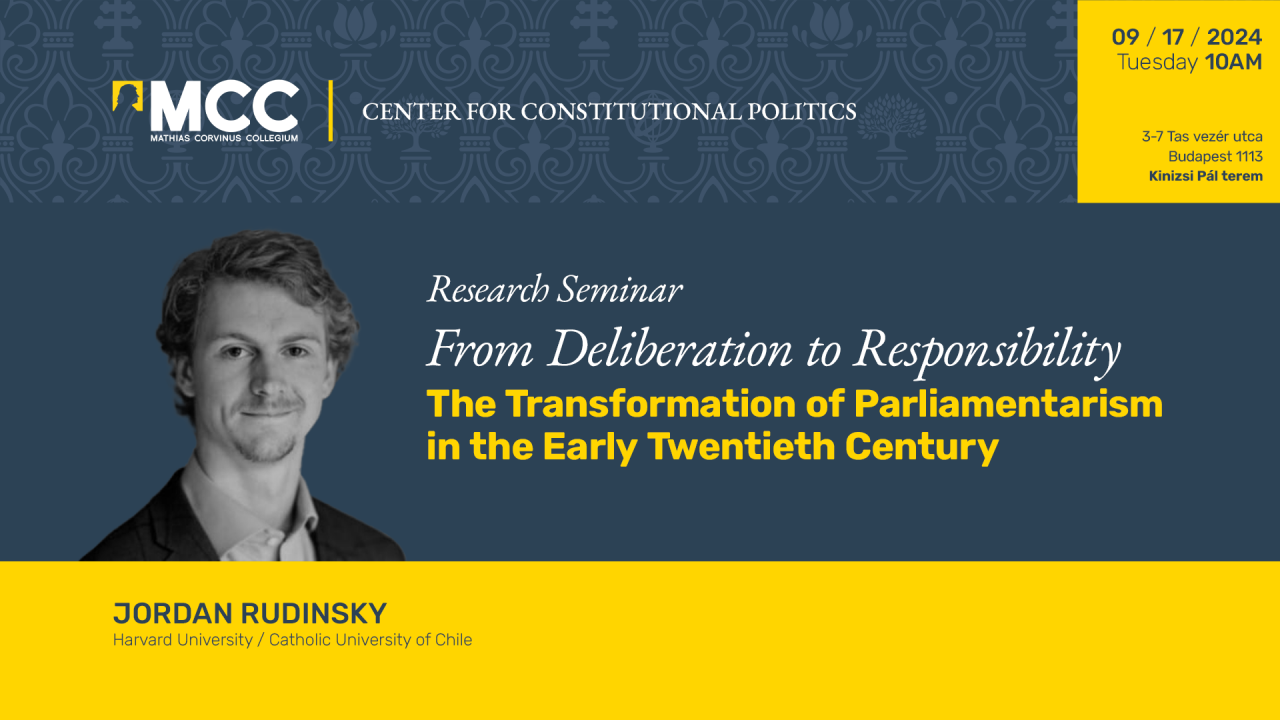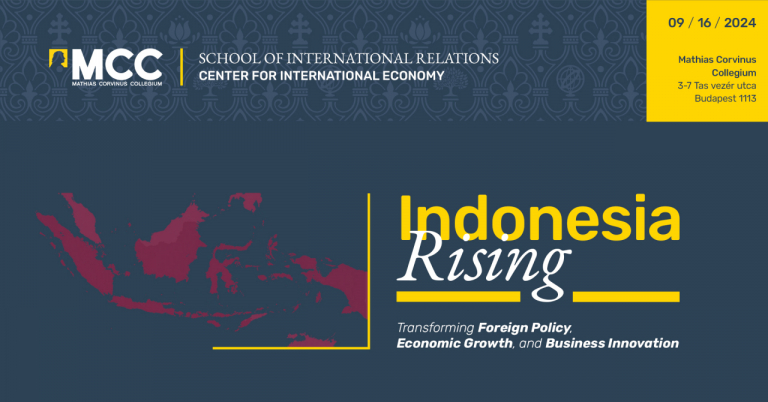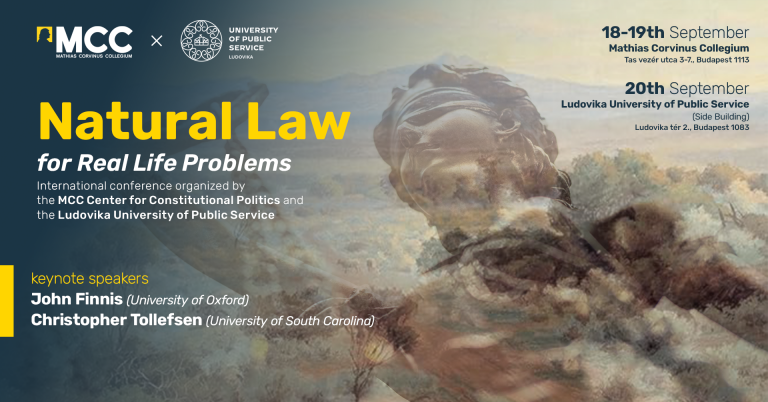Liberal political theorists from Benjamin Constant and Francois Guizot to John Stuart Mill and Alexis de Tocqueville saw British parliamentarism as the ideal representative government. It ensured the dependence of the executive on the confidence of the representative assembly, which subjected the policy of the state to parliamentary deliberation. Such “government by discussion,” far from being democratic, guarded against the feared tyranny of the majority. This view of parliamentary government began to change in the late nineteenth century. As a result of suffrage extension and the formation of mass political parties, parliamentarism had assumed a new essence while preserving the old forms. Rather than characterized by the supremacy of the deliberative assembly, parliamentarism now meant the supremacy of an executive cabinet supported by a parliamentary majority of disciplined partisan followers and thus wielding both legislative and administrative power.
This presentation considers this transformation in the theory and practice of parliamentary government as reflected in the reform agenda of a group of American statesmen and writers of the Progressive era (c. 1880-1920). Committed to a vision of “responsible government,” these reformers criticized traditional American separation of powers for fragmenting political power and thus making it practically impossible for voters to hold their rulers responsible for misgovernment. They looked to British parliamentarism as a model of government that concentrated nearly total political power in the executive, exposed it to public scrutiny through parliamentary questioning of ministers, and subjected it to democratic accountability mechanisms through no-confidence votes and general elections. The American Progressive-era school of responsible government illustrates how parliamentarism had transformed from the nineteenth-century liberal deliberative government by discussion to the ideal institutionalization of majoritarian democracy in the twentieth century.
Jordan Rudinsky is a PhD candidate in Government, specializing in political theory, and jointly a JD candidate at Harvard Law School. His doctoral research focuses on the constitutional theory of the Progressive Era and the origins of the administrative state. Currently, he is an Assistant Professor of Law at the Catholic University of Chile.


